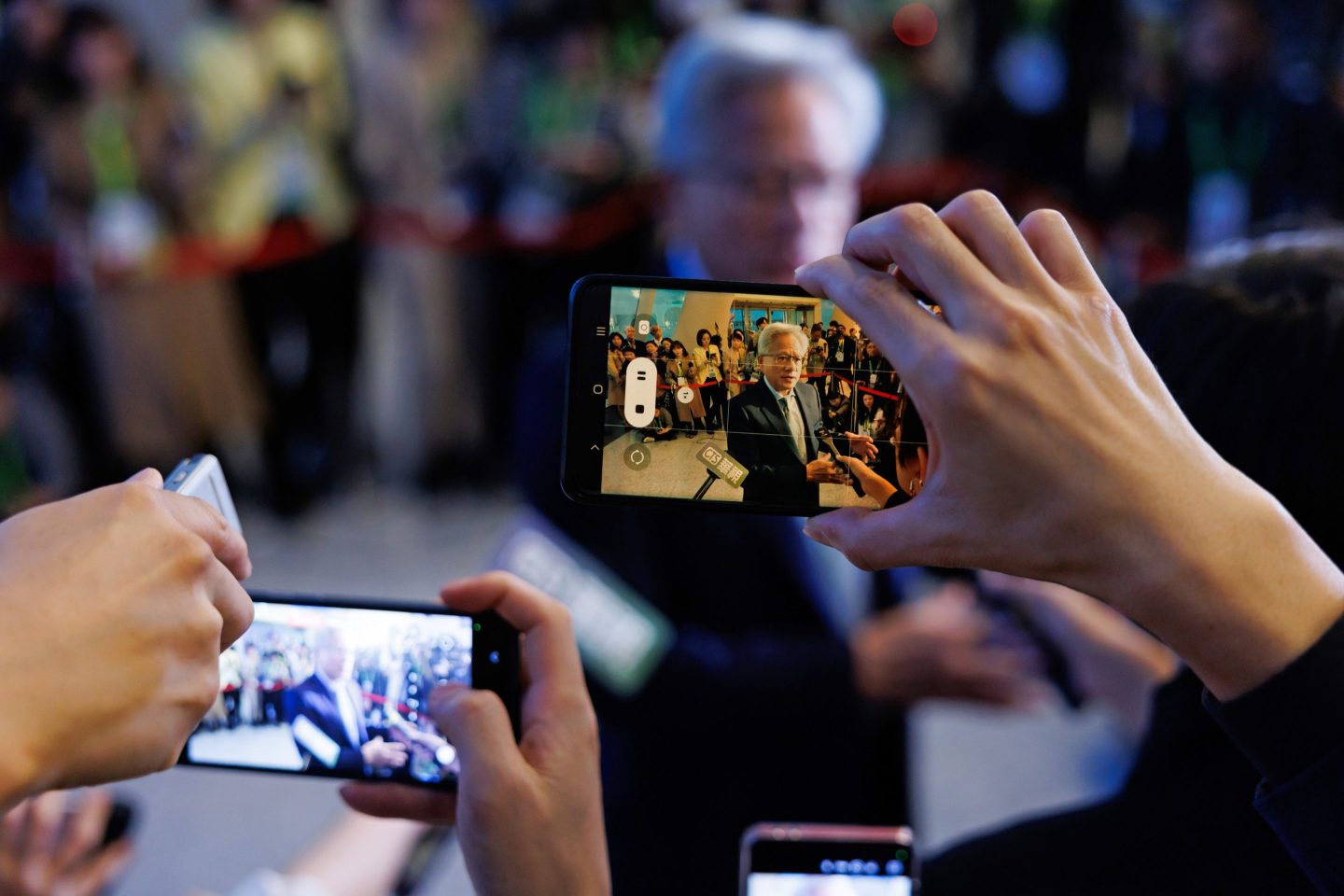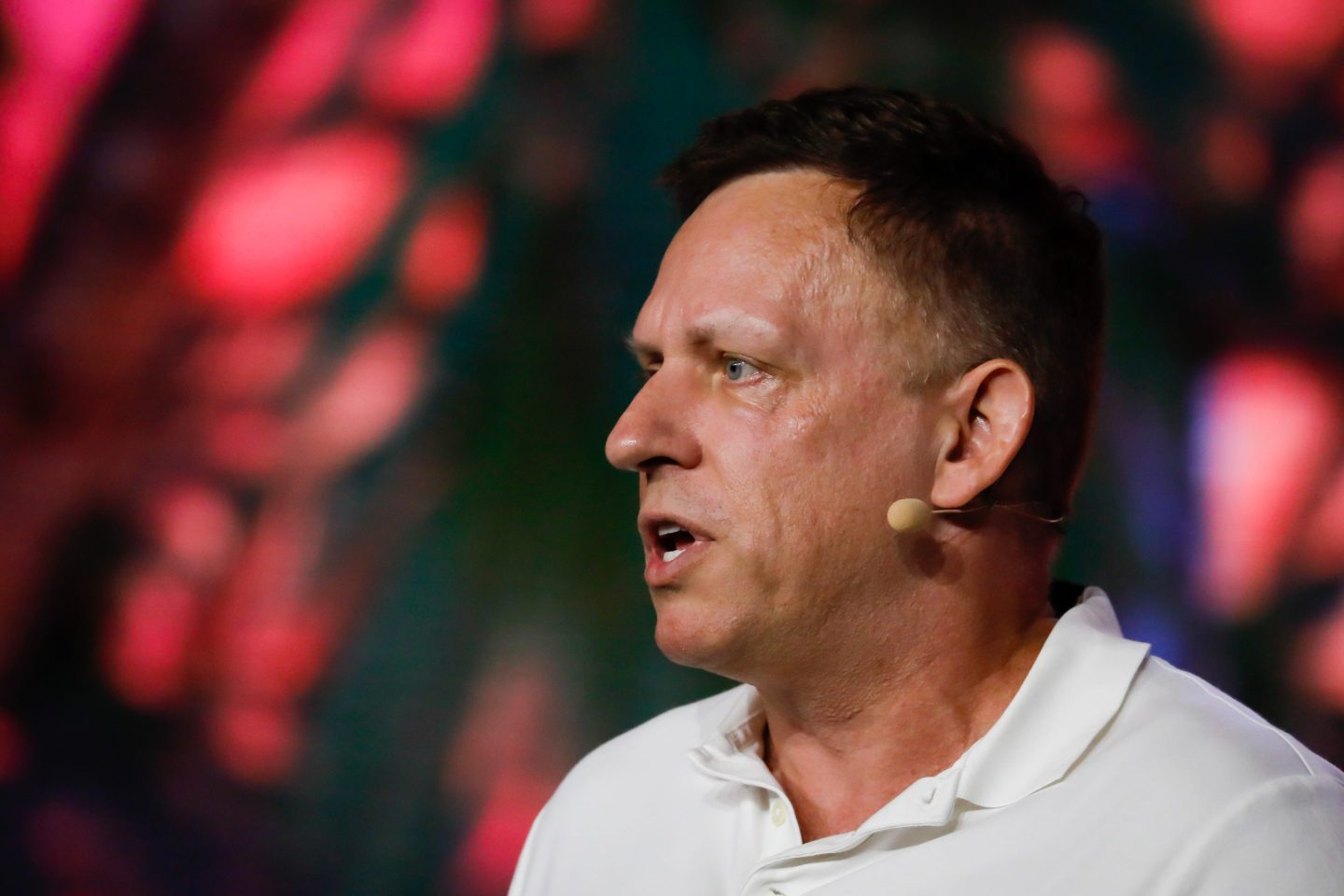Insurance—be it health, car, life, or any other kind—is a peculiar product. It’s one of the few items a customer might buy and hope to never use, but they still need to be sure it will work when they need it.
For that reason, Rob Burr, CEO of insurance provider iptiQ, says the insurance business is an industry predicated entirely on trust.
“Ultimately, you’ve got to be able to conclude that when you need to have a claim paid that that company will be there, and you can trust them to be there when you need them,” Burr says.
Burr got his start in the insurance industry working at Prudential during the pre-internet era when, he says, the company had agents deliver claims checks on their first day on the job. Delivering a life insurance claim to a widow on the poor side of Wimbledon was his first encounter with the trust claimants put in insurers to deliver.
“The look of relief on her face,” Burr recalls.
At iptiQ, which is a digital-first B2B2C unit of insurer Swiss Re, part of Burr’s job is to build trust with customers that the insurer will deliver on payments—perhaps so that current clients look more satisfied than relieved when they receive a payout. Ironically, as more insurance providers digitize their services, fewer agents will see customer faces at all.
But the industry isn’t ready to go fully digital, and perhaps never will. While digitization has provided new opportunities for insurers to reach previously unreachable customers, or made it easier for consumers to buy mundane but critical products like car insurance, Burr says the majority of insurance issuance still requires a human touch.
“I could automate everything in my value chain probably tomorrow, but my consumers would not want that. My consumers still want the option to pick up the phone and talk to a human being rather than a machine,” Burr says, especially when dealing with nuanced, personal products like health insurance.
“This comes back to trust: The deployment of technology has got to be on the consumer’s terms,” Burr says.
The same is true with data collection. Although insurers can use rampant data collection to offer cheaper and more personalized insurance quotes, doing so often diminishes trust. Consumers need to trust their data will be secure and used for their own benefit before handing it over.
With insurance, much like banking, an army of regulators set standards for proprietors to meet on issues like data privacy, and a slew of third-party auditors verify the companies are fulfilling those obligations. But those are standard measures for building trust. For Burr, building trust in iptiQ as a company relies on embedding trust as part of the corporate culture.
“In our leadership teams, we measure their performance not only in terms of what they did, but we also measure certain behaviors that we require from our leadership,” Burr says. “Transparency, accountability, simplicity, accessibility: Their year-end performance is assessed on living those values.”
“We want to create a culture where if you know if something is successful, we can share it, and if there is a problem, we can discuss it openly without fear of recrimination,” Burr says. After all, to mangle an old adage: How are customers going to trust your business if you can’t trust it yourself?
Eamon Barrett
eamon.barrett@gmail.com
IN OTHER NEWS
Spaced
The Wall Street Journal published a report alleging that Elon Musk has a recreational drug habit, worrying board members of his various companies, particularly Tesla and SpaceX. Musk has denied the allegations and criticized the Journal for its reporting, while also stating that if drugs helped his productivity, he would take them. The brouhaha is yet another headache for boards attempting to navigate PR crises churning around the bombastic billionaire.
China leapfrogs Japan
China has become the world’s largest car exporter, leapfrogging Japan, thanks in large part to the country’s accelerated shift to electric vehicles. But sanctions against Russia have proven another boon for Chinese automakers, which have ramped up shipments of combustion engine vehicles to their Russian neighbors, filling a hole in the market left by Western automakers.
Twitch cuts its staff
In another round of layoffs, Amazon’s livestreaming site Twitch cut 35% of its staff, or about 500 workers, as the company remains unprofitable nine years after its acquisition by Amazon. In the final months of 2023, several top executives announced their departures, including Twitch’s chief product officer, chief customer officer, and chief content officer. Twitch also lost its chief revenue officer, who worked on Twitch from within Amazon’s Ads unit.
New year, new habits
Are you struggling to set new goals for the new year? Try taking this short quiz from Gretchen Rubin, the popular author of books on the pursuit of happiness. The quiz is designed to suggest which habit-building activity you could follow to boost your satisfaction in the year ahead, eliminating that tricky first step of knowing where to start.
TRUST EXERCISE
“We are going to approach this, number one, acknowledging our mistake. We are going to approach it with 100% and complete transparency every step of the way.”
Boeing CEO Dave Calhoun issued an apology to staff last week in the aftermath of a door panel blasting off one of its 737 Max 9 planes mid-flight. The incident occurred on an Alaska Airlines flight; United Airlines says it found loose bolts on some of its own planes after all Max 9s were grounded for inspection.
Issuing apologies is always a tough task for business leaders, and Calhoun’s predecessor certainly blew it during Boeing’s last safety failure. A good apology can rebuild trust at a time of crisis, a bad one makes it worse, and crafting the right response is more art than science. Time will tell if Calhoun hit the right notes in his.












